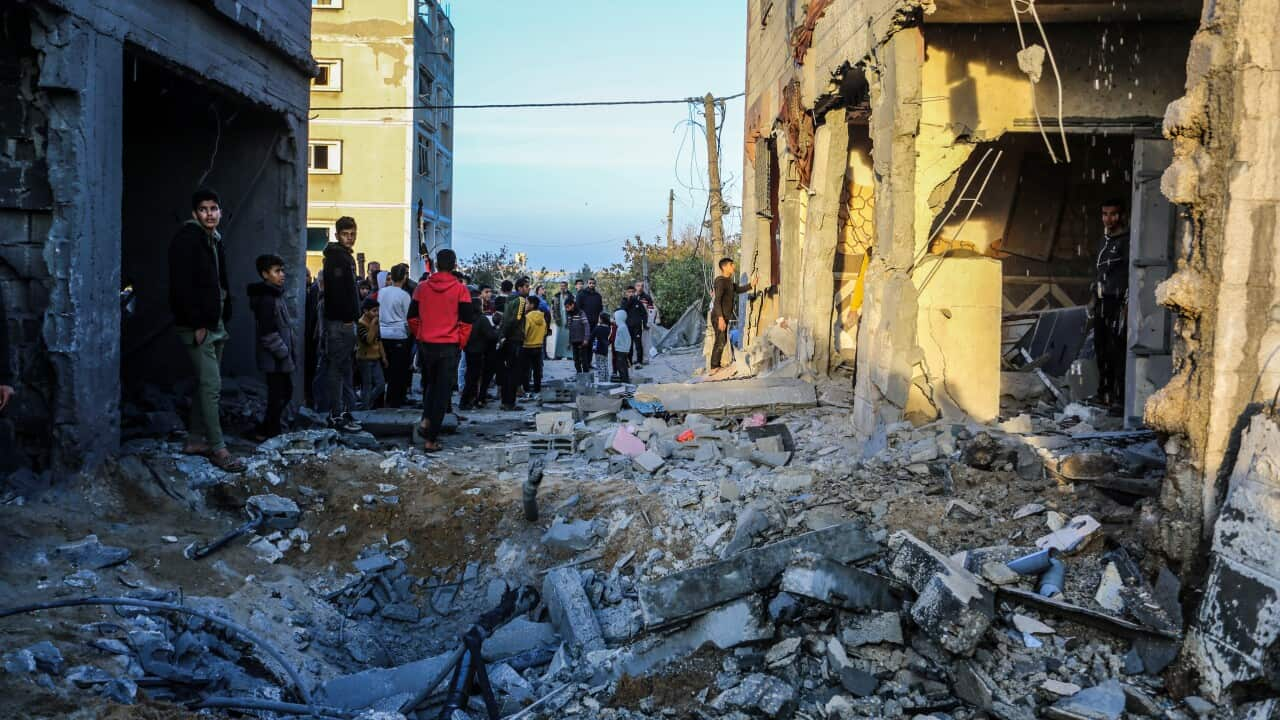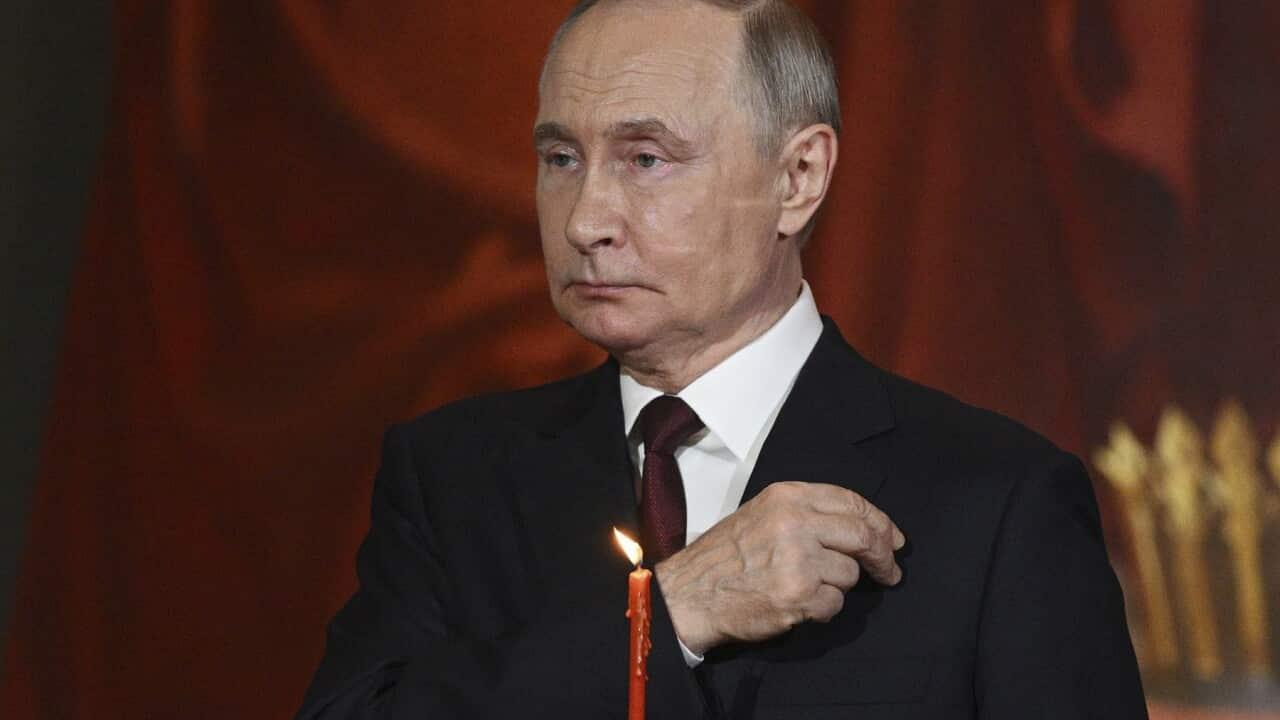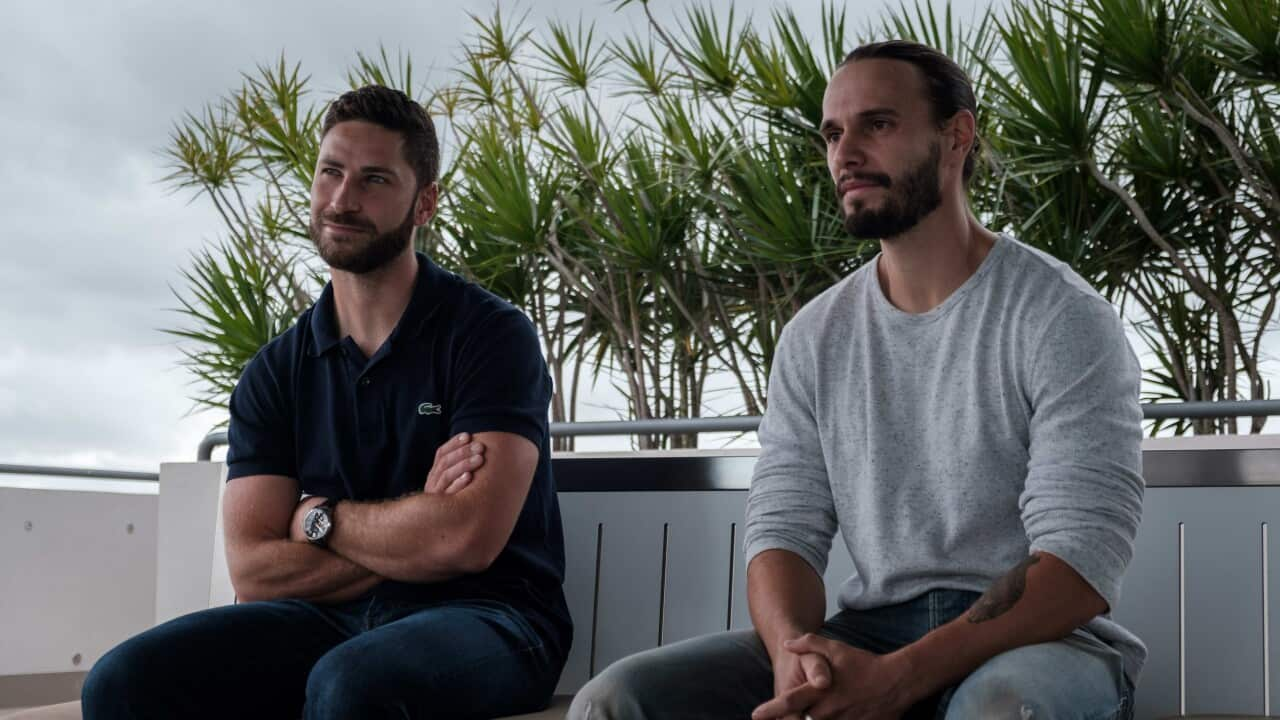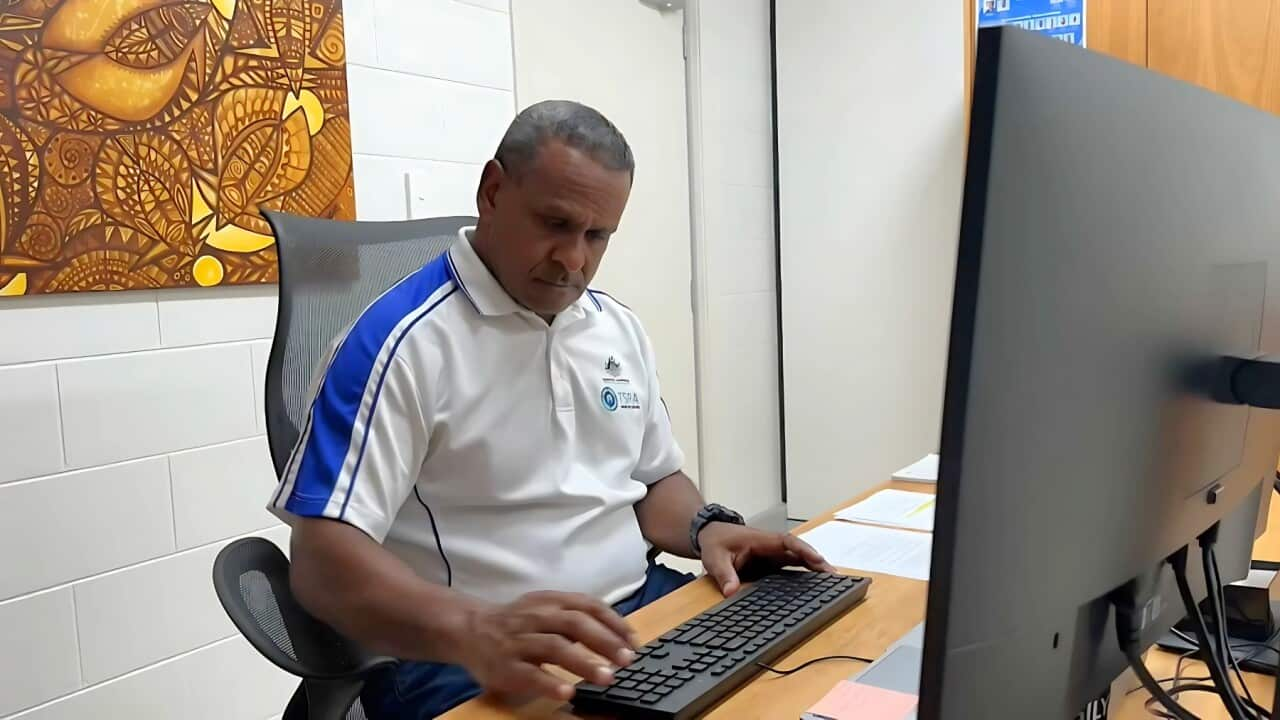TRANSCRIPT
Israel says it is prepared to continue its offensive in Gaza towards the south in order to bring the entire area under its control and put an end to Hamas.
Israel's Prime Minister Benjamin Netanyahu has repeated what he sees as Israel's mission.
"We actually want to bring about the demilitarisation of the (Gaza) Strip. And this requires security control and supreme security responsibility over the entire area west of the Jordan River, including the Gaza Strip. There is no substitute for this in the foreseeable future. We say this to the international community, and to the US president, to all leaders: there is no substitute for this."
But United States President Joe Biden has asked Israel not to move forward with its plans in southern Gaza unless it can ensure the safety of displaced Palestinians in the region.
In a phone call with Mr Netanyahu, Mr Biden asked Israel to provide assurances ahead of any military operation.
This was the first conversation between the two leaders since the US President described Israel's military movements in Gaza as being "over the top".
Rafah is considered to be the last remaining safe area for the over 1.5 million displaced Palestinians and a potential Israeli incursion has been the source of major concern.
Fedda Abu Haloub is the mother of a two-month old baby who fled with her husband to Rafah from Beit Laheia in the north.
"Here is my child, only two months old. Where do we take him? I swear by God, I don't know where to take him. Where do we go with four people? We don't know if we should leave or stay. We move from one place to another. The hardest thing is the instability in life and war. By God, the hardest thing is war. Every month we move from one place to another, in addition to the fear and missiles. What is our crime, Israel, that you bomb us and destroy us? Let us return to our homeland."
Israel's planned incursion into southern Gaza has caused concern to the international community and human rights groups.
It has also put a strain on its relations with the neighbouring nation of Egypt.
Egypt has reinforced its border with Israel, deploying about 40 tanks and armoured personnel to the area within the last couple of weeks.
Egyptian officials have warned that they will suspend their peace treaty with Israel if the military operation in southern Gaza intensifies, due to fears the move will trigger a greater surge of refugees into their country.
Mohammad Atwan, who fled from Khan Younis to Rafah, says that might be the only available option.
"Where do people go? The Israeli army closes everything. It is prohibited to enter several areas. If someone enters Khan Younis, you bomb and execute them. You only give them one option when Israel strikes an area in Rafah under the pretext of the Rafah-Philadelphi corridor, and people then exit to Egypt. This is a displacement of Palestinian citizens from Gaza to Egypt, and this is expected to be about 90 per cent of us.”
However, Mr Netanyahu says there are plenty of safe spaces within Gaza that civilians can access.
He's told US network ABC News his troops have specific orders to prioritise the safety of the displaced Palestinians.
"I agree with the US and I've instructed the army accordingly to give us a plan, a dual plan: one, to vacate the population, the civilian population, because we're not fighting them; we're fighting the terrorists."
Mr Netanyahu also says his country is close to eliminating Hamas and releasing the remaining Israeli hostages, captured during the October 7 raids.
He has reiterated there will be no end to the military campaign in Gaza until both those targets are accomplished.
"The only thing that will get the hostages released is the thing that will defeat Hamas which is a sustained military effort. It already got half the hostages released. It will get the other half too. But I want to say one thing to your audience which people don't realise: victory is within reach. We have already destroyed three-quarters of the Hamas-organised terrorist battalions. Three-quarters. Eighteen out of 24. We're not going to leave the other six."
Meanwhile, the World Health Organisation, in partnership with the United Nations Population Fund and its other partners, has managed to get the Al-Aqsa hospital in Gaza City back to a partially operating state.
However, officials say the medical facility is running severely low on the necessary medical supplies to treat its over 3,700 patients.
The Organisation's Dr Athanasios Gargavanis has again called for a ceasefire so humanitarian aid can be carried into the area.
“We are here to support the health system that's suffering, not only because of the chronic blockade and this actual war, but also from the movement of population that impedes health workers to do their work at the best possible way. A ceasefire has to be achieved as soon as possible now, so that we make sure that the health workers are able to deliver at the best of their capacities.”
The health ministry in Gaza says over 28,000 people have been killed since October 7th.
There are fears the number will grow if Israel goes through with its planned operation in Rafah.













